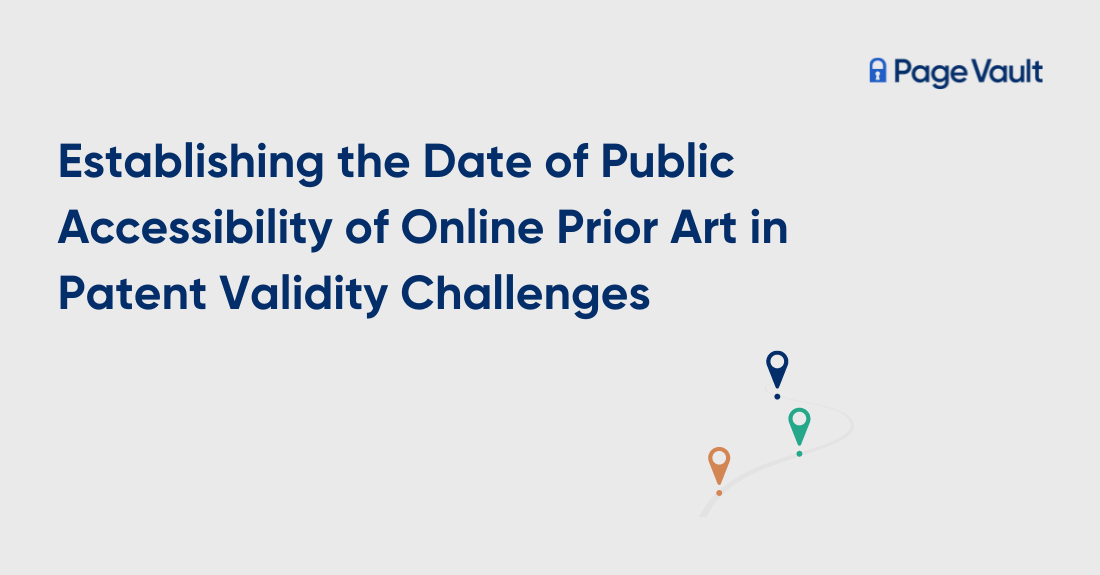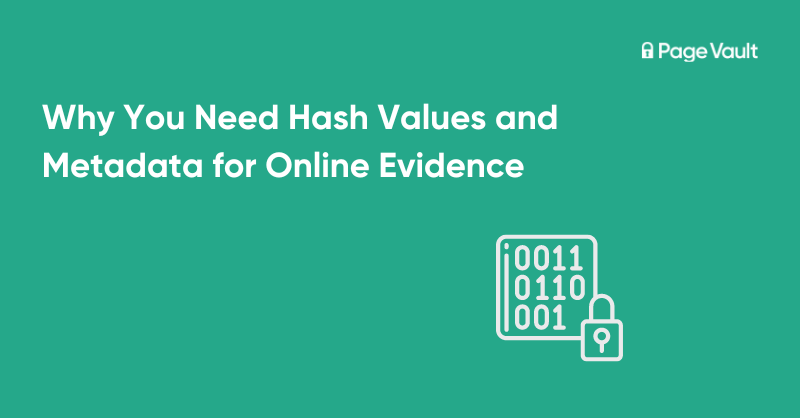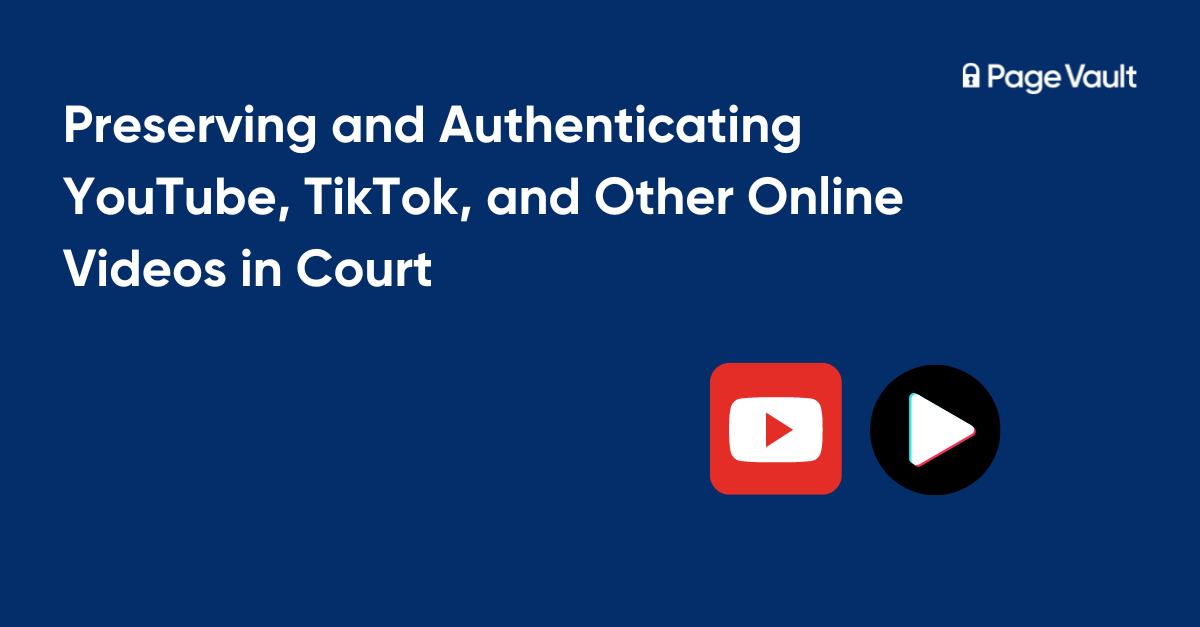Establishing the Date of Public Accessibility of Online Prior Art in Patent Validity Challenges
Last Updated April 2024
Since it was established under the America Invents Act in 2012, the inter partes review (IPR) process has become a commonly used and effective avenue for challenging the validity of and invalidating an existing patent. Any third party can initiate an IPR and ask the Patent Trial and Appeal Board (PTAB) to review the patentability of one or more claims in a patent on the basis that the claims were obvious or not new because the "claimed invention was patented, described in a printed publication, or in public use, on sale, or otherwise available to the public before" the claimed invention's effective filing date. (35 U.S.C § 102)
See more




.png)
.png)
